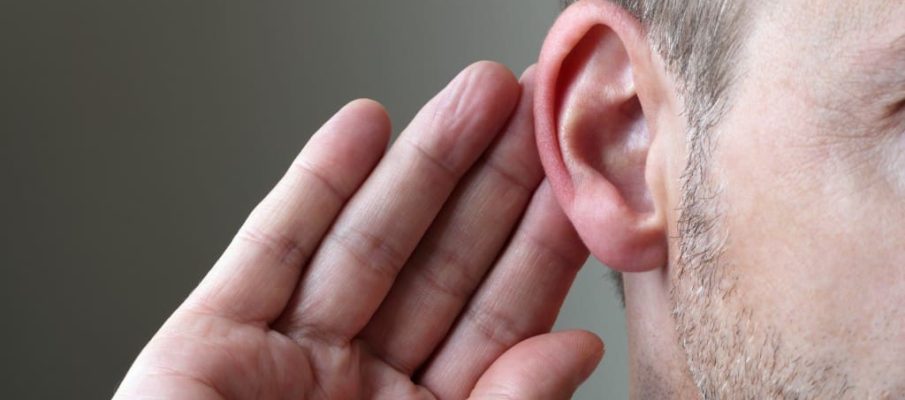Effective listening is one of the most important interpersonal skills. People who know how to listen are better able to communicate with others, avoid misunderstandings, and resolve conflicts.
Here are a few techniques used by effective listeners:
- Show interest – Face the person who is speaking, make eye contact, nod your head, etc. Try not to look at your watch, shuffle your feet, or engage in behaviors that suggest you’re uninterested or bored.
- Have empathy – Try to see things from the speaker’s perspective. Try to understand not only what the speaker is saying, but also what the speaker is feeling.
- Pay attention to what isn’t being said – Pay attention to the expression on the speaker’s face, tone of voice, posture, gestures, etc.
- Don’t interrupt – Let the speaker finish what he or she is saying before you say anything.
- Ask questions – Make sure you really understand what the speaker is saying by asking questions. Just make sure that you ask clarifying questions (“How did you feel when that happened?”) and not challenging questions (“Are you crazy?”).
- Paraphrase – Restate what the speaker has said in your own words (“So what you’re saying is, you felt really upset when he spilled your drink.”) It shows the speaker that you’re listening. Also, it’s another way for you to determine whether you really understand what’s being said.
- Keep an open mind – Try not to let your own attitudes, feelings, and beliefs distract you from what the speaker is saying.
- Don’t talk too much – Don’t launch into a long story about yourself. And don’t offer advice when the speaker doesn’t ask for it. Just let the speaker do the talking.
Listening is a skill, just like playing an instrument or a sport. The more you practice, the better you’ll get at it! Try taking the SkillSoft e-course, “Listening with Skill” to get some practice and improve your ability to listen effectively.







